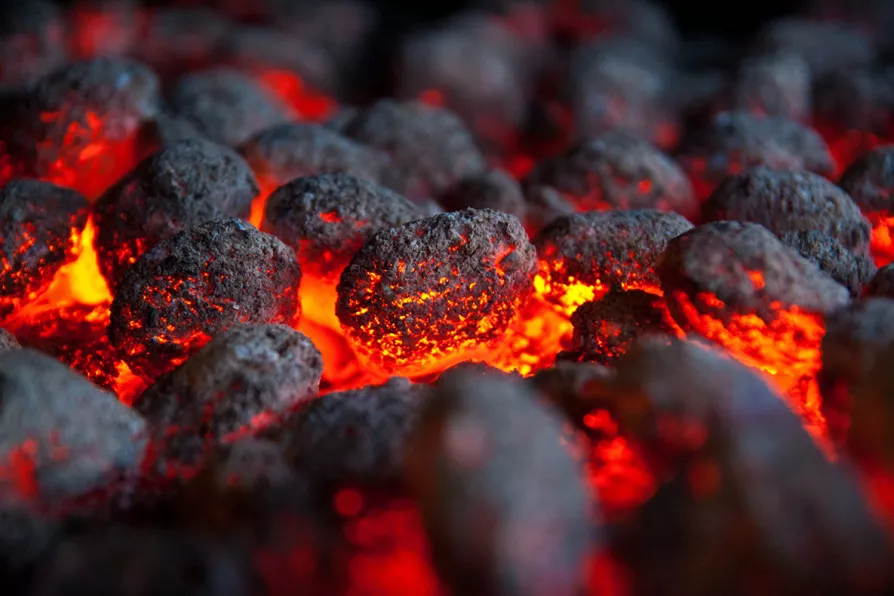RICHARD BURGON MP speaks to Ben Chacko about the Labour right’s complicity in the Mandelson scandal and the need for a total break with Starmerism if the party is to defeat Reform

 [Michal Matlon / Creative Commons]
[Michal Matlon / Creative Commons]
WE ALL know that climate change has and will continue to affect us all, and that politicians say that to avoid a climate disaster we must reduce CO2 emissions to net zero.
We all know that closing the British coalmining industry and coal-fired power stations was not a magnanimous act to combat climate change.
It was a politically motivated vendetta against the miners, their communities and the National Union of Mineworkers (NUM), the consequences of which we are now paying for through our ever-increasing energy bills.

The Communist Party of Britain’s Congress last month debated a resolution on ending opposition to all nuclear power in light of technological advances and the climate crisis. RICHARD HEBBERT explains why

From summit to summit, imperialist companies and governments cut, delay or water down their commitments, warn the Communist Parties of Britain, France, Portugal and Spain and the Workers Party of Belgium in a joint statement on Cop30












